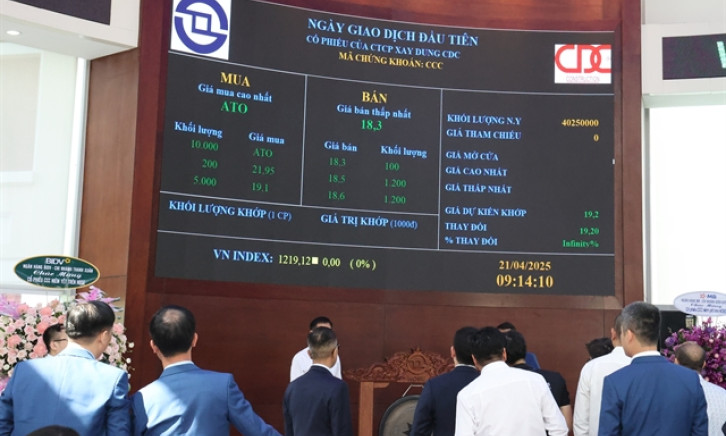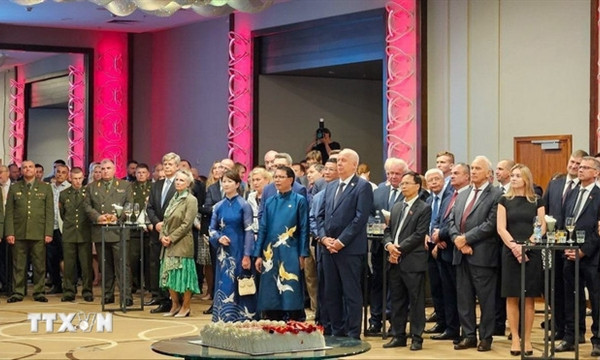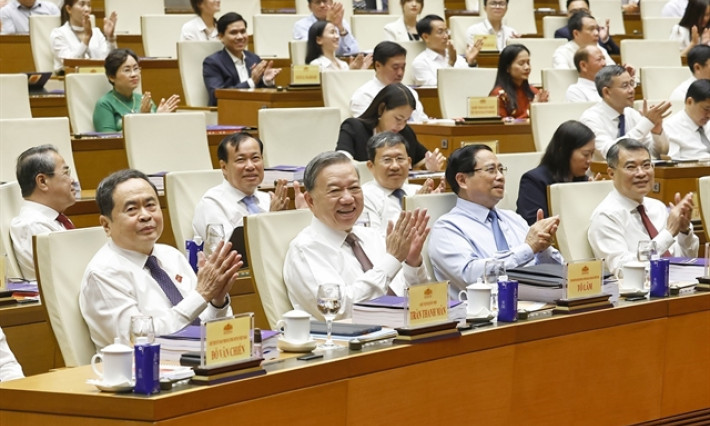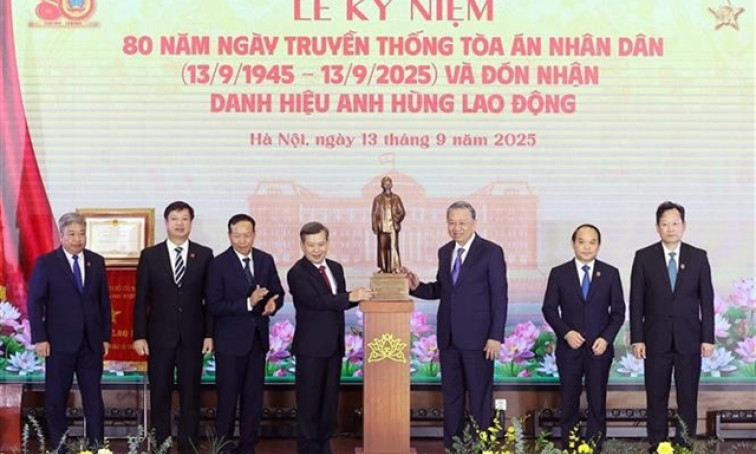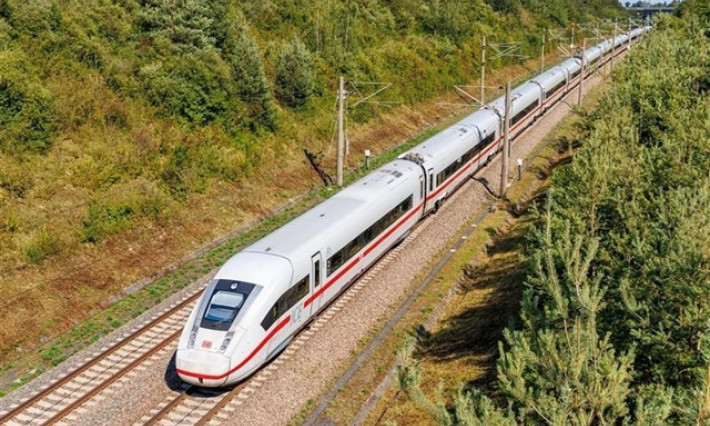Vietnam’s industrial real estate attracts foreign investment
Vietnam's industrial sector is experiencing significant transformation, supported by strong foreign direct investment (FDI) flows, large-scale infrastructure projects, and a favourable regulatory environment, thus attracting a new wave of investment from foreign investors, experts have said.
“Vietnam’s strong FDI inflows, strategic location, competitive costs, e-commerce growth, trade openness and role in the global supply chains will be essential to the long-term supply and performance of its warehousing segment,” said John Campbell, Director and Head of Industrial Services at Savills Vietnam, a property consultancy firm.
According to the expert, Vietnam's economy is projected to grow by 6.1% in 2024, with inflation expected to reach 4.5%. FDI increased by 7% year-on-year, supporting the industrial real estate sector, while international tourism and retail sectors show promising recovery signs.
High-value industries in the first nine months of this year included electronics, automotive components, semiconductors, and green technology. Investment from countries like the Republic of Korea (RoK), Singapore, and Japan, have highlighted a shift towards high-tech, high-value manufacturing. Manufacturing accounted for approximately 63% of FDI, indicating Vietnam's appeal beyond traditional low-cost production hub.

To sustain the new wave of investment, Vietnam is heavily investing in infrastructure with priority given projects such as the North-South Expressway, Long Thanh International Airport, and deep-water ports like Cai Mep in Ba Ria-Vung Tau, which will enable direct connectivity with Europe, the Americas, and Southeast Asia. The northern economic zones benefit from synchronised infrastructure development.
In addition to transport, Vietnam is advancing its digital connectivity with expanded 5G networks and development of data centres, supporting the growth of e-commerce and logistics.
According to the assessment of the Vietnam Association of Real Estate Brokers (VARS), the real estate market continues to face many challenges but also many opportunities, reflecting the fluctuations of the global economy and domestic regulatory policies. Industrial real estate remains a bright spot as FDI inflows increase, while residential real estate is also emerging as a potential segment, attracting investors around the world.
Prominent corporations such as Kusto Home (Singapore), Gamuda Land (Malaysia), CapitaLand (Singapore), Keppel Land (Singapore), Tokyu Corporation (Japan), Lotte Land (RoK), and Central Trading & Development Group (Taiwan) have already invested billions of dollars into residential, urban, and industrial projects across Vietnam.
Trang Bui, General Director of Cushman & Wakefield Vietnam, forecast substantial foreign investment into Vietnam's real estate market by 2026. Residential real estate currently offers a profit rate of 8–10% annually, significantly higher than the 2–3% seen in other regional markets.
Additionally, the 2024 Housing Law, which can grant an additional 50 years of ownership for foreigners, is expected to boost the market, particularly in the premium segment. The domestic real estate market is anticipated to attract billions of dollars from foreign buyers, especially from Singapore, Hong Kong and Taiwan (China), who remain optimistic about Vietnam's market growth.
In the short term, Vietnam’s real estate market is expected to remain stable, with strong growth, especially in industrial and residential real estate in highly urbanised areas, she said.


